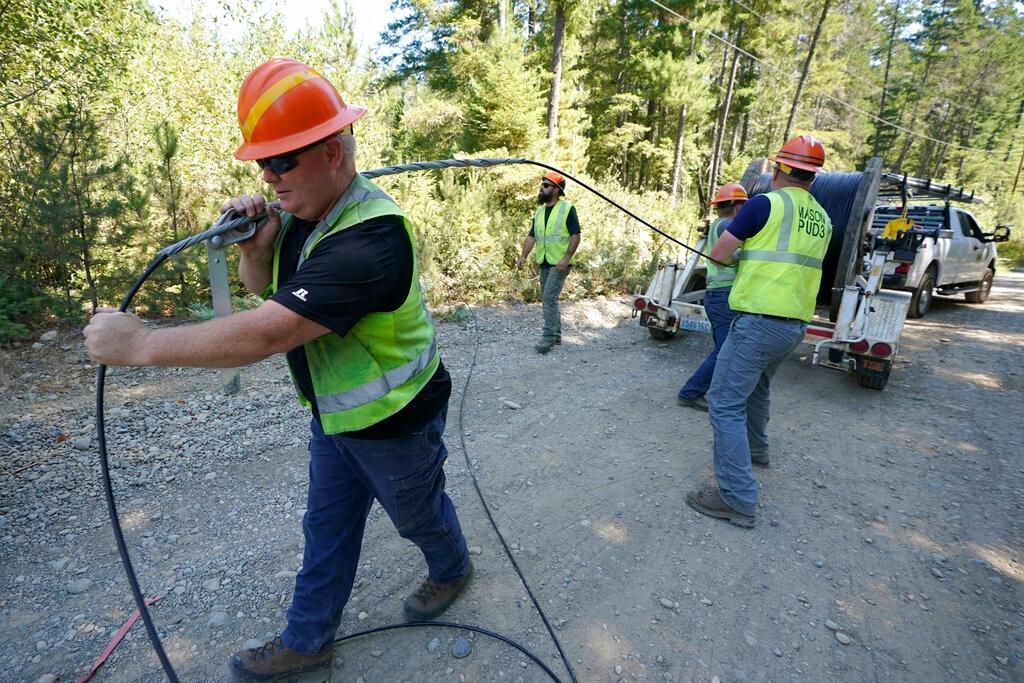Advocacy and research groups have released a report stating that better internet access could directly impact the health of people of color.
New report suggests expanding broadband infrastructure in Southern Black Belt counties


Advocacy and research groups have released a report stating that better internet access could directly impact the health of people of color.

Lacey Alexander
New report suggests expanding broadband infrastructure in Southern Black Belt counties
The Southern Rural Black Women’s Initiative and the Institute for Local Self-Reliance analyzed 10 southern counties, including 2 in Mississippi, in a study on the benefits of expanding broadband service to rural areas. The report suggests that better broadband service in the Black Belt would allow residents of those areas better access to telehealth in the wake of many rural hospitals closing.
Oleta Garrett Fitzgerald is the SRBWI State Lead for Mississippi. She says her group will be holding internet providers accountable for how they spend government funds and calls on other advocates to do the same.
"We have to be very careful and very certain that these internet service providers will be providing services at a reasonable cost," she said. "and will reach all of those families that are in rural communities that are unserved."
The report also suggests that millions of dollars would be saved if access to internet was improved for these communities. Ry Marcattilio is an ILSR senior researcher and the lead author of the report. He says the savings in Mississippi alone would be felt for decades.
"In Leflore and Sunflower counties... 76% of households don't have access to fast enough internet access to utilize telehealth services." he said. "If we're looking at savings in Mississippi, annual savings look like $11 million across all the variables that we talked about over 20 years."
Marcattilio also says that every 1 in 5 of the families analyzed brought home less than 25 thousand dollars a year in income.